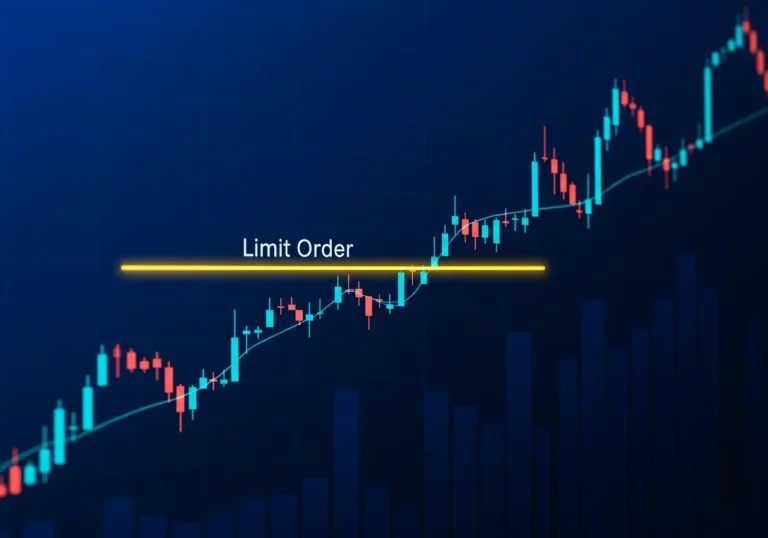Indonesia Implements Major Crypto Tax Reform: Sellers & Miners Face Higher Levies, Buyers Now VAT-Exempt
Indonesia is set to launch a landmark tax reform for cryptocurrency on August 1, 2025, ushering in sweeping changes that touch every type of crypto activity. These developments represent a deliberate shift in how digital assets are treated—from informal commodities to officially recognized financial instruments.

The new rules include:
- A sharp rise in the income tax rate for domestic crypto sellers, increasing from 0.1% to 0.21% of transaction value.
- For sellers using foreign exchanges, the rate jumps from 0.2% to 1%—five times higher.
- Crypto buyers will now be fully exempt from VAT, benefiting retail investors and new users.
- Mining VAT doubles to 2.2%, up from 1.1%, and the previous 0.1% special tax on miner income will be phased out by 2026 in favor of regular personal or corporate income tax.
These changes apply across all platforms registered under Indonesian regulation. Under previous rules, buyers often paid 0.11% to 0.22% VAT, while miner services faced 1.1% tax. Now, buyers no longer bear VAT, while sellers and miners face steeper rates. Meanwhile, users in domestic exchanges pay lower rates than those trading via overseas platforms.
This overhaul comes as Indonesia’s crypto ecosystem boomed: in 2024, over 20 million Indonesian users were active, with total transaction volumes exceeding 650 trillion rupiah (nearly USD $40 billion). Continued avoidance of domestic exchanges under the old tax regime had triggered concerns over lost revenue and regulatory gaps. The new structure seeks to balance oversight and taxation with reduced friction for buyers, encouraging local exchange growth.
Domestic platforms, including Binance-backed Tokocrypto, welcomed the reform—especially the reclassification of crypto as a financial asset—but also requested at least a grace period to align systems. They called for stronger supervision of offshore platforms to prevent tax evasion and urged fiscal incentives to support industry innovation.
What Crypto Users and Investors Should Know

Many watching Indonesia’s crypto space will see this as a calibrated attempt to promote domestic usage while tightening regulation. Here’s how these shifts may affect different groups:
- Domestic sellers and traders will notice a noticeable rise in fees—moving from 0.1% to 0.21%. Still, the rate remains far lower than the overseas 1%, creating strong incentive to use local platforms.
- Foreign sellers face a dramatically higher rate. That change pushes traders toward regulated Indonesian exchanges, increasing compliance visibility and domestic control.
- Buyers, especially retail users, benefit from VAT exemption. This removes a layer of cost and simplifies purchases, potentially driving wider crypto adoption among first-time investors.
- Miners must prepare for higher operational costs—VAT doubling to 2.2% and the elimination of a special tax rate, replacing it with general income or corporate tax rules in 2026. This may accelerate automation, reduce small-scale hobby mining, or push some into staking activities.
- Startups and crypto services may feel increased burdens. Higher compliance costs, stricter oversight, and elevated tax liabilities could challenge smaller firms, particularly when compared to neighboring markets like Singapore or Hong Kong.
Why This Shift Matters
Indonesia’s pivot shows how rapidly crypto regulation is evolving worldwide. By treating digital assets as financial instruments, the government aims to:
- Close revenue leakages from offshore and unregistered platforms.
- Improve investor protections via clearer regulatory classification.
- Encourage innovation within a regulated environment.
- Elevate the legitimacy of crypto businesses operating in the domestic economy.
The transition of supervision from Bappebti (Commodity Futures Trading) to the Financial Services Authority (OJK) aligns with this vision, tightening licensing rules and customer onboarding protocols under new regulations issued in early 2025. This shift supports broader goals of crypto transparency, consumer safeguards, and alignment with global standards.
Practical Advice for Crypto Education & Security Readers
For your audience focused on education and safety in crypto, these tax changes offer teaching moments packed with value:
- Break down how rising seller taxes affect trading costs and timing—especially during high-frequency or large transactions.
- Encourage readers to favor compliant domestic exchanges to avoid the higher offshore seller tax.
- Offer guidance for miners facing new VAT pressures—how to calculate net returns under the 2.2% rate and prepare for standard tax treatment in 2026.
- Explain the shift from VAT on buyers to full exemption—highlighting how it reduces barriers for new users and retail transactions.
- Clarify what classifying crypto as a financial instrument means: higher reporting obligations, clearer custodial standards, and stronger anti-fraud protocols.
- Emphasize the importance of secure wallet practices as oversight tightens and platforms collect more user data. Stress backup strategies, hardware wallet use, seed phrase protection, and knowing where private keys are held.
- Advise staying informed about official tax forms and reporting deadlines, so users comply easily with Indonesian tax rules.
Table of Contents

Hello, I’m Edmilson Dias, founder of CoinBringer. I created this platform to guide people through the fast-moving world of cryptocurrency with clarity and safety. With years of research in blockchain and digital security, my goal is to translate complex topics into practical knowledge, offering reliable tutorials, safety insights, and guidance for both newcomers and experienced users.
Discover more from CoinBringer
Subscribe to get the latest posts sent to your email.







